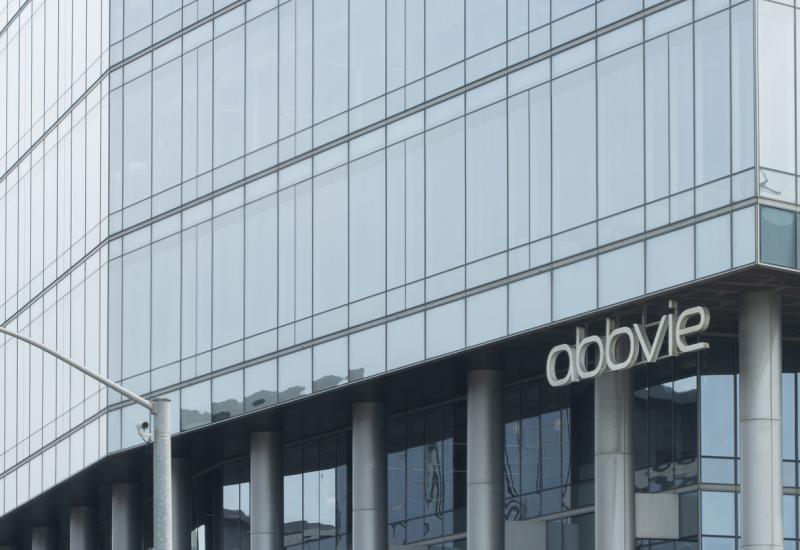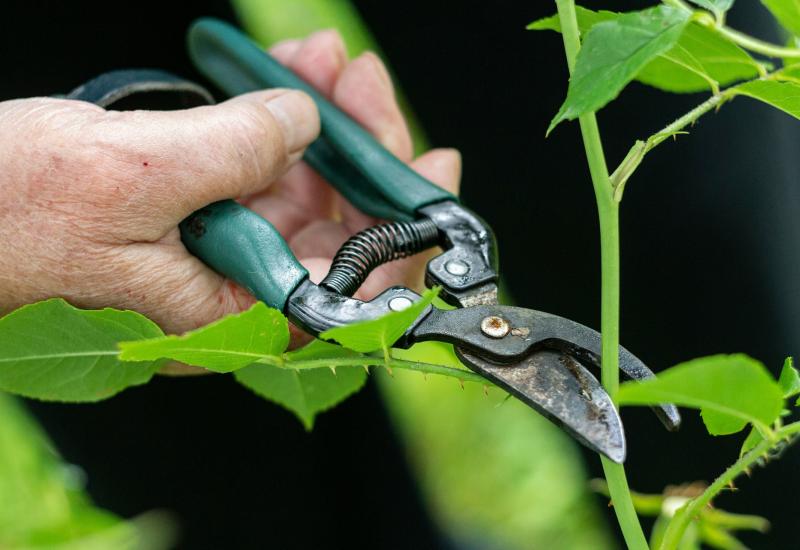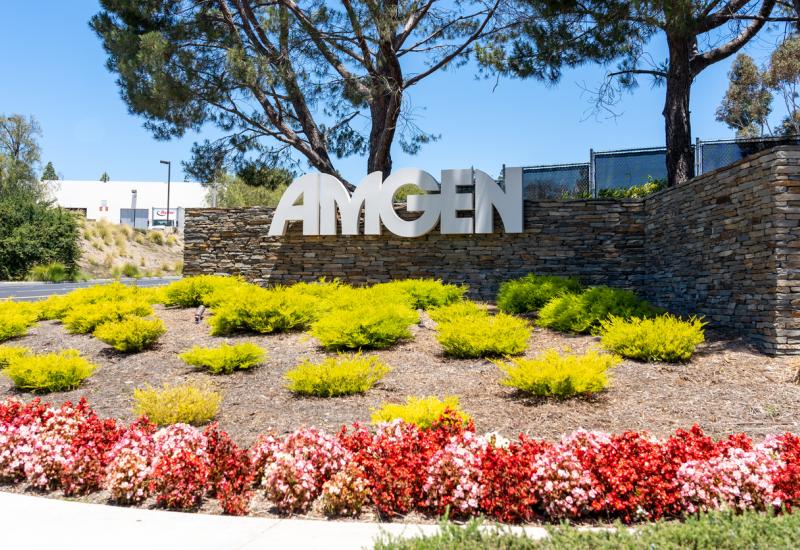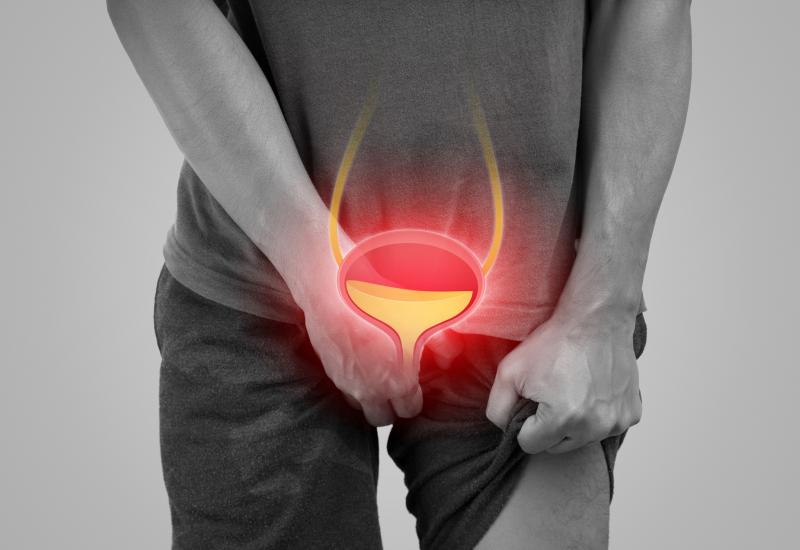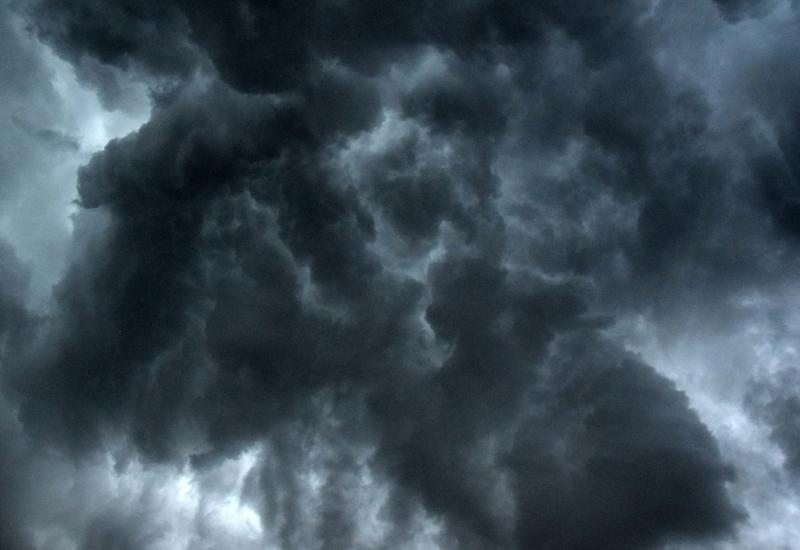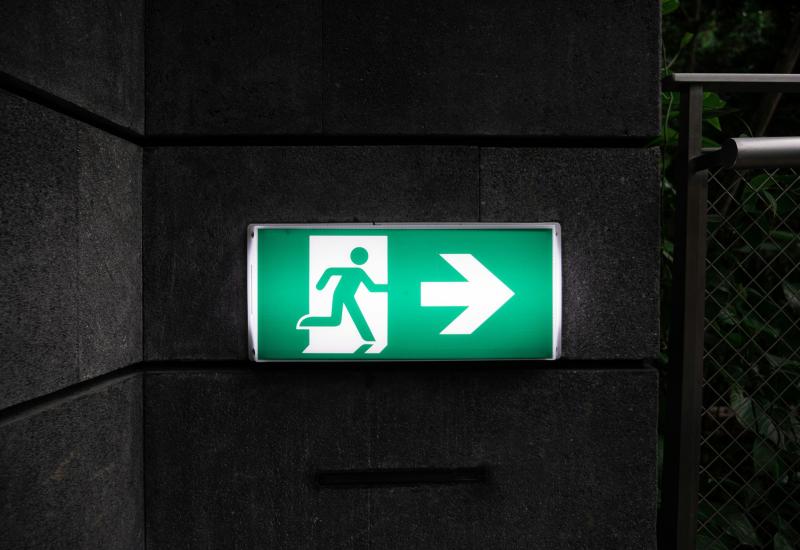
Caribou finds a match
As tinkering with HLA matching continues, is nearly as good as Breyanzi good enough?
As tinkering with HLA matching continues, is nearly as good as Breyanzi good enough?

One measure of the expectations going into Monday’s long-awaited update of data from Caribou’s Antler study is that before market open the company’s shares were up 175%. In the event the revealed 82% response rate to Caribou’s vispacabtagene regedleucel among 22 lymphoma patients looks at best in line with when this project disappointed at ASCO 2024.
The data are important because vispa-cel, an anti-CD19 Car-T therapy, is one of the few remaining allogeneic approaches with this modality still standing in oncology. An 82% ORR is also only just in line with marketed autologous anti-CD19 Cars, so given the added complication that vispa-cel brings doctors might wonder whether the Caribou project is worth the effort.
That added complication is the need to match HLA between donor cells and patients, a strategy Caribou embarked on last year in a bid to improve vispa-cel’s persistence. This eliminates at least some of the convenience advantage of an off-the-shelf product versus autologous approaches, so for vispa-cel to be a game changer it must show a meaningfully better profile than the latter.
Improving
The efficacy bar in second-line large B-cell lymphoma, set by autologous Car-Ts, is an 83% ORR for Gilead’s Yescarta, and 87% for Bristol Myers Squibb’s Breyanzi.
At ASCO last year, Caribou reported 75% for vispa-cel (then coded CRB-010) in a subset of second-line patients, and with a lower CR rate and shorter mPFS on a cross-trial basis those early Antler data were seen as a setback. Among 13 patients with four or more matching HLA alleles, Caribou claimed an ORR of 92% and mPFS of 14.4 months.
The latest data, from 22 patients in whom HLA matching was carried out prospectively, at least come coser to what Caribou was claiming from that post hoc analysis.
A CR rate of 64% also looks closer to Yescarta and Breyanzi, and PFS heading for a median above 12 months show the new data moving in the right direction. Moreover, vispa-cel appears to have some safety advantages, at least in terms of neurotoxicity, than the autologous incumbents.
The question now is whether being just about in line with autologous Car-T is good enough for Caribou. The current HLA matching protocol would require 13 different batches of vispa-cel to be available to provide a partially matched HLA product to around 90% of lymphoma patients, a fact that takes much of the shine off the promise of a true off-the-shelf product.
Caribou itself is hinting that it might still not have done enough, now floating the possibility of a vispa-cel product with a profile that’s even more “optimised” for multiple factors, including the number of HLA alleles matched, and being derived from under 30 year olds, who should have fitter T cells than older donors.
Alongside the data with the current HLA matching strategy Caribou described a 35-strong Antler cohort of patients treated with “optimised” vispa-cel, in whom the ORR was a slightly better 86%.
Cross-trial comparison with CD19 Car-T in 2nd-line LBCL
| Vispa-cel* | “Optimised” vispa-cel** | Yescarta | Breyanzi | |
|---|---|---|---|---|
| Study | Ph1 Antler | Ph3 Zuma-7 | Ph3 Transform | |
| N | 22 | 35 | 180 | 92 |
| ORR | 82% | 86% | 83% | 87% |
| CR rate | 64% | 63% | 65% | 66% |
| mPFS | NR (12mth PFS 51%) | NR (12mth PFS 53%) | 14.9mth | 14.8mth |
| ≥Gr3 neurotox | 0% | 0% | 25% | 4% |
| ≥Gr3 CRS | 5% | 3% | 7% | 1% |
Notes: *4+ HLA alleles matched, requires 13 batches to be available for for 90% of patients; **2+ HLA alleles matched, <30yo donors, requires 10 batches to be available for for 98% of patients. Source: Caribou & OncologyPipeline.
Caribou’s next step will be to conduct a controlled phase 3 study in 250 second-line lymphoma patients naive to anti-CD19 therapy, and ineligible for transplant and autologous Car-T. It says this will test the optimised vispa-cel version, which would require 10 batches of product (instead of 13) to be available to cover 98% of patients.
As further evidence to back Caribou’s claim to have cracked the allogeneic Car-T puzzle, the company revealed a 92% ORR among 12 multiple myeloma patients given CB-011, an anti-BCMA Car, in the first disclosure from its phase 1 Cammouflage study. The bar set here by autologous therapy is probably the 85-97% ORR cited on the label of Johnson & Johnson/Legend’s Carvykti.
After these updates Caribou stock opened up 25%, but later on Monday it was trading flat. Since ASCO 2025, where the Antler update had been expected before being delayed to the second half, the shares have tripled.
In addition to facing questions over the viability of vispa-cel Caribou has had other tribulations, axing much of its workforce, discontinuing two other allogeneic Car-T therapies, and scrapping plans to pursue vispa-cel in lupus after a brief flirtation with the autoimmune disease craze.
This story has been updated.
1765


